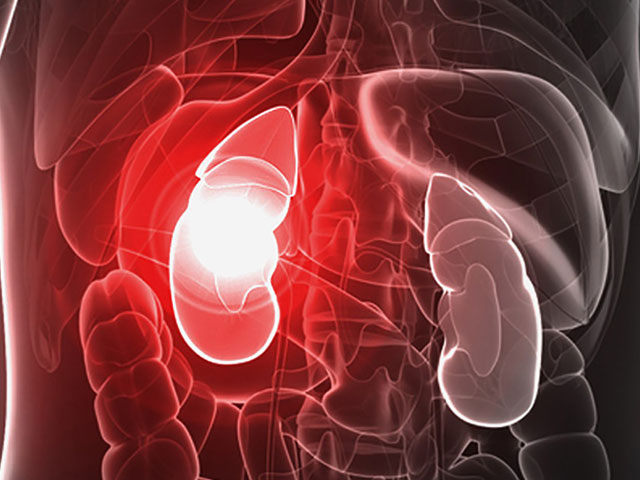
What is Kidney Failure? Symptoms of Kidney Failure
In the simplest terms, kidney failure (or renal failure) means that one or both kidneys have become unable to perform their functions without support. This condition often occurs suddenly as a result of kidney disease that increases in severity over time, sometimes due to trauma or a serious illness such as cancer.
On average, one out of every 8 people in the world suffers from kidney disease of varying severity, but the disease often needs to reach advanced stages to be recognized. The number of cases severe enough to require a kidney transplant is about 8 million.
Common symptoms of kidney failure
Healthy kidneys are miraculous organs that work around the clock. They filter each drop of blood about 300 times every day, filtering wastes produced by metabolic processes and removing excess water and toxins from the body. They also balance the acidity of the blood and support the entire metabolism by producing erythropoietin-like hormones. When these functions are not fulfilled, the following symptoms will warn you about the problem:
- Unusual frequencies of peeing (too often or too rare)
- Edema, especially in the legs and arms
- Extreme drowsiness, fatigue and exhaustion
- Constant nausea
- Brain fogs
- Pain or pressure in the chest
- Skin dryness
Who is at higher risk of kidney failure?
This is a health problem that largely develops over time. It is much more common in people with high blood sugar (diabetes) and hypertension. People with heart disease can also develop kidney failure in the long term due to circulatory problems.
Genetic inheritance and age also increase the incidence of the disease. The condition is much more common in 60+ aged people. Long-term use of certain medications has also been shown to increase the risk of the disease. The most well-known of these drugs are NSAID group painkillers.
Kidney failure treatment methods
The most commonly used method in the treatment of kidney failure is dialysis but it comes with its own shortcomings. This method is mechanically filtering and refining of blood using a machine. Dialysis machines can perform tasks that the kidneys no longer can to some extent. Along with dialysis, a low-potassium and low-salt diet is often required.
The most valid and definitive solution is kidney transplantation. After a kidney transplant, the patient does not need dialysis and the transplanted kidney continues to function normally with medical support. In order to perform such a transplant, it is necessary to find a suitable donor. In addition, immunosuppressive drugs must be used after the transplant so that the body does not reject the kidney.
5 golden rules to avoid or delay kidney failure
We are all candidates for kidney failure, and many other diseases, if we do not take care of our well-being. Here are some great precautions to have healthy kidneys (and a healthier life of course);
- Diabetes makes you prone for many diseases including kidney diseases. Watch your diet and blood glucose level.
- A sedentary life opens the door to malfunctioning organs. Making the even the simplest physical activity, like walking, part of your life will boost your health and support each of your organs.
- Tobacco and alcohol increases toxic materials in your body. By staying away from these you help any filtering systems inside of you.
- You don’t want to start the day with a half charged cellular, do you? So get a good sleep for a fully charged body and mind as well.
- Stress and depression ruins healthy thinking and will eventually turn into metabolic disabilities. Find ways to deal with emotional problems and be happy.

